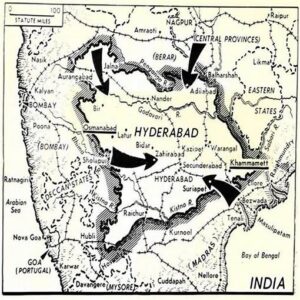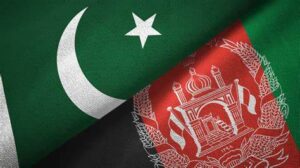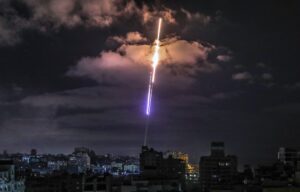
Tech and Power: Shaping the Future of Global Security
Technological advancements, particularly AI and cyber capabilities, are revolutionizing global security by reshaping geopolitics and national strategies. While offering new tools for protection, technology also poses complex threats, necessitating international collaboration and responsible use to ensure global security and prosperity.







